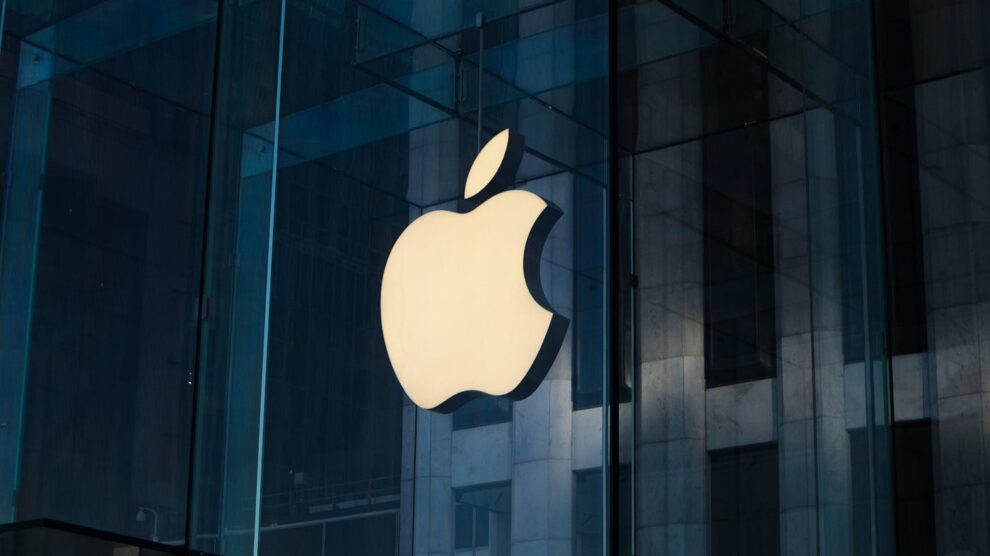Apple, the tech innovator historically synonymous with soaring profits, has hit unexpected turbulence. Despite surpassing a staggering $3 trillion valuation in early 2022, the company has since reported its longest revenue slump in over two decades. While some doom-and-gloom headlines suggest Apple’s best days are behind them, a nuanced analysis reveals a more complex situation.
Let’s dive into the multifaceted forces taking a bite out of Apple’s income stream and assess their potential impact. How substantial is the damage? Can the tech titan leverage its ecosystem and loyal customer base to rebound? We’ll also explore what the future could hold for the bitten fruit if headwinds persist.
A Constellation of Challenges Chipping Away at Revenue
Several correlated factors have driven Apple’s slowdown:
- Global recession worries have discouraged discretionary big-ticket purchases like $1000+ iPhone 14 Pros.
- Production delays from Chinese manufacturing disruptions have created iPhone shortages.
- Growth has slowed for the once unstoppable iPhone as the market saturates and upgrades become iterative.
Far From Doomsday but Caution Warranted
While these revenue declines are legitimately concerning, it’s important not to exaggerate the implications. Apple remains highly profitable with a staunchly loyal customer base and a staggering $170 billion cash stockpile. They still capture a dominant share of the premium smartphone market. And their services division, encompassing Apple Music, iCloud, the App Store and more, is thriving.
However, the news does underscore Apple’s extreme iPhone dependency. It also signals the gradual maturing of the smartphone market overall, where expensive iterative upgrades no longer drive sales like iPhone 6 did. Thus Apple must get creative to reboot growth engines.
Charting Apple’s Course to Sustained Success
Apple’s future trajectory relies on strategically:
- Leaning harder into services, subscriptions and software.
- Continuing custom silicon innovation to differentiate hardware.
- Investing heavily in burgeoning categories like AR/VR and wearables.
- Pursuing unprecedented product categories like autonomous electric vehicles.
- Fine-tuning pricing and features to court cost-conscious consumers.
Executing on these fronts could reboot Apple’s stalled iPhone business while diversifying income streams long-term. Though challenges remain, Apple’s entrenched platform stickiness remains a distinct advantage that most competitors lack.
The Apple Still Shines Bright
In summary, Apple’s shocking sales slump doesn’t imply a descent into irrelevance. Demand for premium iPhones and Macbooks will eventually rebound once recessionary pressures and supply chain turmoil ease. Weaker sales may simply be the motivational bite Apple needs to diversify operations to tap new revenue channels less vulnerable to inflation and market saturation.
It would be premature to bet against the company that ignited the smartphone revolution. With visionary leadership, a cult-like customer base and $170 billion provides ample dry powder for Apple’s next industry-defining move. The Apple doesn’t fall far from the tree, and reports of the company’s demise seem greatly exaggerated.
How substantial do you view Apple’s revenue declines? Where should they expand next? Please share your thoughts below!










Add Comment